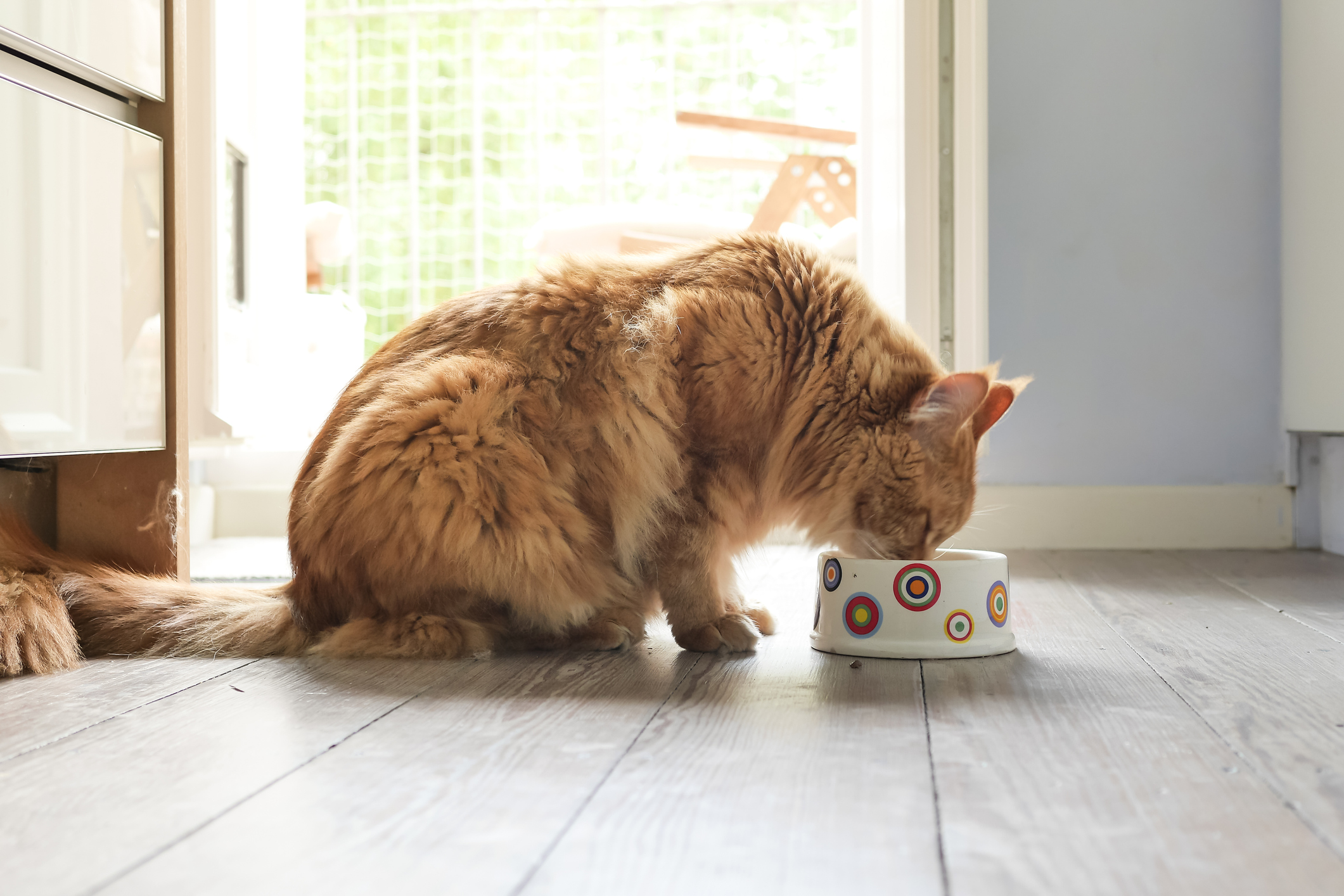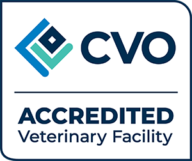Walking into the pet store or the vet’s office can seem like walking into an all-you-can-eat buffet, there is just such a wealth of choices that it often seems overwhelming. “All natural”, “grain-free”, what does it all mean? One choice that more and more pet owners have been making is to go to a raw food diet. Many owners consider this a more natural option, and with a few high profile commercial pet food recalls in recent years, raw food has continued to gain in popularity.
So the real question is, are these diets in fact better for our pets? Often people find that the bones in the diets lead to cleaner teeth, that the unprocessed nature of the diet leads to smaller bowel movements, and that pets have more full and soft coats. Besides these points, many people just like the idea of feeding something similar to what their dogs’ ancestors ate in the wild.
A quick internet search will find pages upon pages of owner testimonials of how healthy their pets have been since switching to a raw diet. So why not put all pets on a raw diet if they’re so great? Well, there are unfortunately a few concerns with feeding a raw diet.
One of the biggest concerns is foodborne pathogens. It might seem odd to have to worry about bacteria in a pet that enjoys licking their backside, but foodborne illness is more than just everyday bacteria. In recent studies, it was found that 20-40% of tested raw food diets contained salmonella, andup to 59% contained E. Coli. These can not only cause intestinal and systemic illness in pets, but can also infect owners that handle the food or the pet’s feces, with the young and elderly at an especially high risk.
Another concern, is that it is very difficult to nutritionally balance any diet, especially one that is mainly meat and bones. Calcium and phosphorus levels are especially hard to balance and are important in sustaining normal bone growth and maintenance. Several raw food companies have started to establish nutritional analyses for their diets but this is still surprisingly lacking for many diets. Even some proponents of raw food diets do not suggest feeding these diets to young dogs because of the importance of proper calcium and phosphorus balance during this important growth period. With the focus on meat, these diets are also commonly high in protein which is inappropriate for pets with kidney disease, liver failure or past issues with pancreatitis.
Even the main benefits of a raw food diet are worth discussing. In general these benefits are all based on word-of-mouth, as there have not been any definitive scientific studies proving the benefits of raw food diets. The cleaner teeth from eating raw bones are great, but also come with an increased risk of tooth fracture from chewing hard bones. The shiny, healthy coat is due to the higher fat content of the raw diet, which can unfortunately can lead to weight gain, and the same effect could also be acquired from a diet supplemented appropriately with more desirable Omega 3 fatty acids. And finally those smaller poops have nothing to do with the diet being raw, but rather from the high meat content and would be exactly the same if the diet were cooked.
The commercial or veterinary diets that we recommend are nutritionally balanced and completely tested with long-term feeding trials. Yes, there are occasionally commercial pet food recalls, enacted to protect your pets’ safety. However, most of these are due to the presence or potential presence of foodborne pathogens in a recalled diet. Raw food diets are not regulated for these pathogens, and as discussed above, are regularly found to be contaminated with the same pathogens. So there is little benefit in this regard to moving to a raw diet.
From a veterinary perspective, the benefits of a raw food diet just do not outweigh the concerns. A vet’s job is to make recommendations based on fact-based scientific findings, and although many animals do well on raw food diets, anecdotes are not enough to support a feeding choice for our beloved pets.
For more information on research into raw food diets and 10 common myths about raw diets, please check out this handout from the Tufts University Cummings School of Veterinary Medicine. http://vet.tufts.edu/wp-content/uploads/raw_meat_diets_memo.pdf



